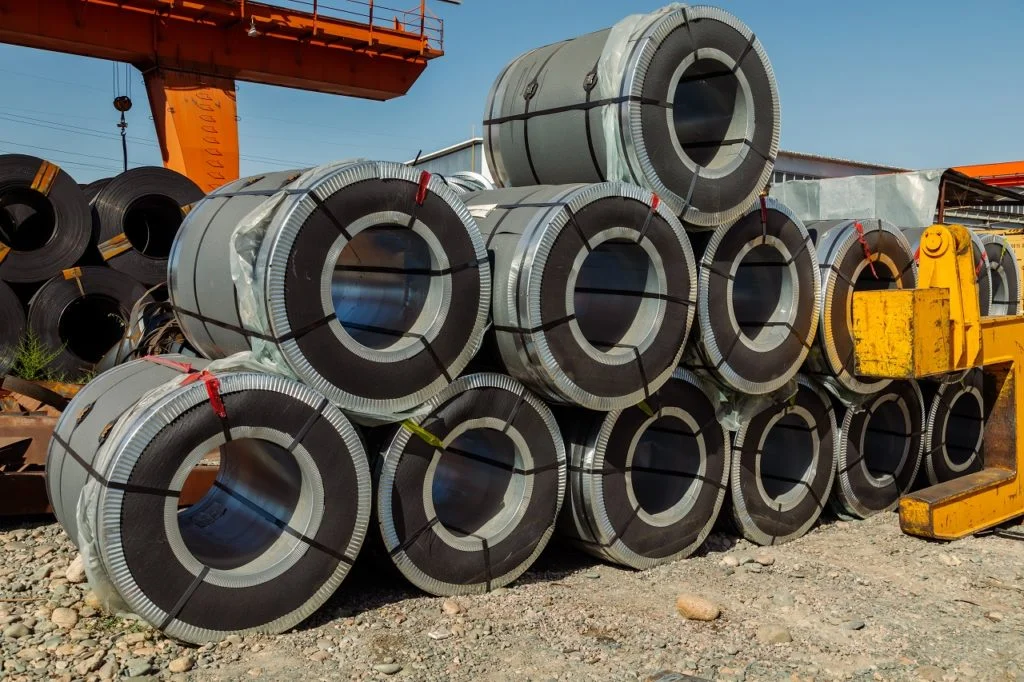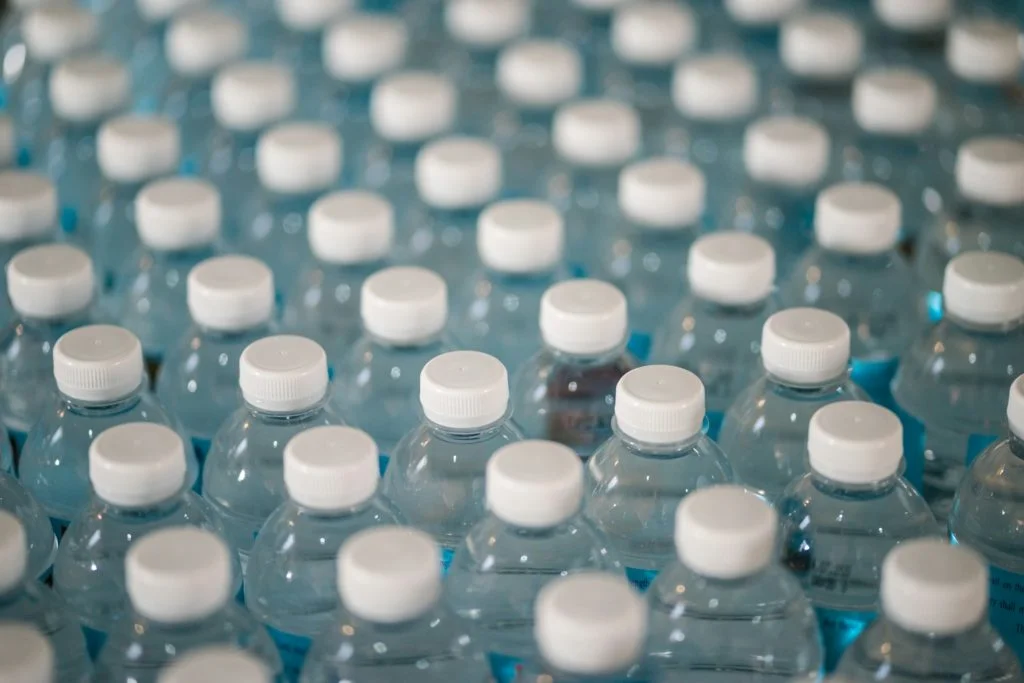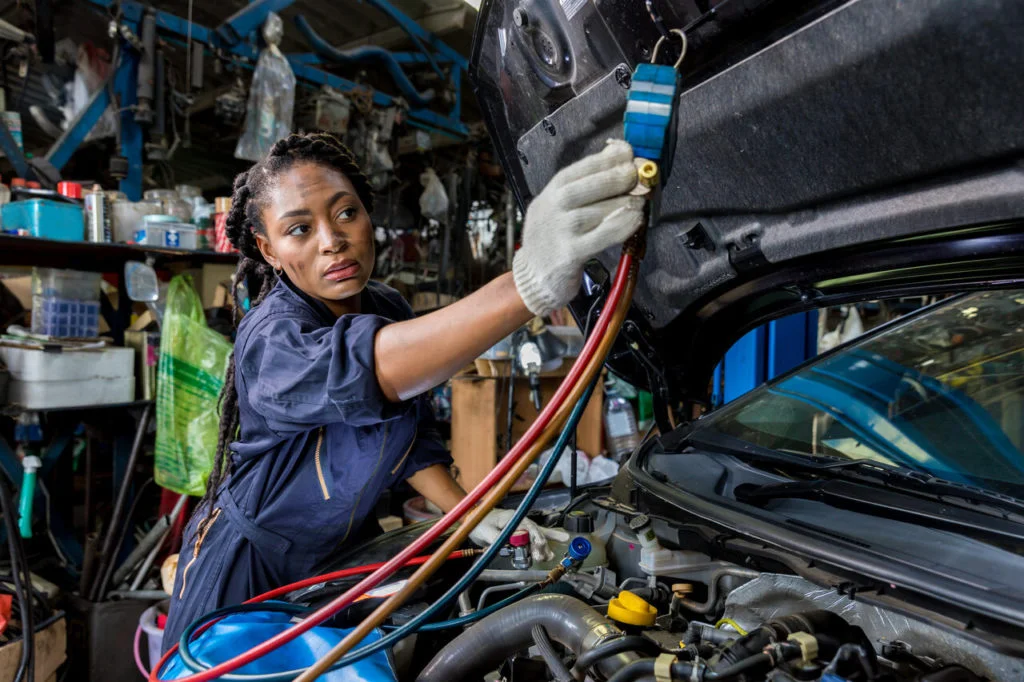In the global effort to create a more sustainable future, the steel and manufacturing industry must address the mounting issue of plastic waste management. As industry players seek innovative solutions to reduce waste and comply with environmental regulations, the practice of plastic reprocessing emerges as a game-changing avenue for achieving more sustainable operations. Pulse Plastics, a leading UK-based independent specialist plastic solution provider, is dedicated to helping the steel and manufacturing industry adopt plastic reprocessing as part of their waste management strategies.
At its core, plastic reprocessing encompasses the conversion of waste plastic materials into reusable, high-quality raw materials that can be integrated back into the manufacturing process. This creates a closed loop system in which plastics continue to be utilised within the industry, minimising waste output and environmental impact. Unlike traditional recycling methods that may result in degraded materials, plastic reprocessing retains the quality and performance of the plastic, making it a preferable solution for the demanding requirements of the steel and manufacturing sector.
In this blog series, we will delve into the various aspects of integrating plastic reprocessing in the steel and manufacturing industry, discussing the potential benefits of adopting this innovative waste management solution. We will examine the role of plastic reprocessing in creating closed loop systems, reducing waste output, and promoting sustainable practices, all while maintaining efficiency and cost-effectiveness. Join us as we explore the transformative potential of plastic reprocessing in reshaping waste management and sustainability practices within the steel and manufacturing industry.
1. Understanding the Waste Management Challenge in the Steel and Manufacturing Industry
The steel and manufacturing industry is characterised by complex production processes that involve the use of a wide range of materials, including plastics. While plastics contribute significantly to diverse applications within the industry, their disposal poses a significant challenge, with millions of tonnes of waste plastic generated annually. As environmental regulations become increasingly stringent, and sustainability is prioritised, revisiting waste management practices has become essential in mitigating the industry’s environmental impact and securing its long-term viability.
2. The Role of Plastic Reprocessing in Tackling Waste Management Issues
In response to these challenges, plastic reprocessing offers a sustainable solution with the potential for transformative impact. By converting waste plastics back into high-quality raw materials, reprocessed plastics can be returned to the manufacturing production cycle, creating a closed loop system that minimises waste while maintaining quality standards. Key advantages offered by plastic reprocessing in the steel and manufacturing industry include:
- Resource Conservation: The closed loop system reduces the demand for new raw materials, thereby lowering the environmental impact of resource extraction and manufacturing processes.
- Waste Reduction: Integrating plastic reprocessing into waste management operations supports the significant reduction of waste output, addressing the mounting issue of waste disposal in the industry.
- Cost Savings: Introducing reprocessed plastics into the manufacturing cycle can lead to material and waste disposal cost savings, proving advantageous for manufacturers seeking to streamline operations and lower expenses.
- Regulatory Compliance: The implementation of plastic reprocessing as a waste management strategy is aligned with contemporary environmental regulations, positioning businesses as forward-thinking, responsible industry participants.
3. Engaging Industry Stakeholders for Effective Plastic Reprocessing Implementation
To succeed in implementing plastic reprocessing in the steel and manufacturing industry, collaboration among various stakeholders is crucial. The following actions can help facilitate the integration of plastic reprocessing and the closed loop system:
- Assessment of Current Processes: Manufacturers should critically assess the waste plastic generation points within their operations, enabling targeted interventions and the development of tailored plastic reprocessing strategies.
- Collaboration with Plastic Solution Providers: Engaging industry partners such as Pulse Plastics, who specialise in plastic reprocessing, enables manufacturers to access the expertise and resources needed to implement efficient closed loop systems and foster ongoing innovation.
- Industry Education and Networking: Encouraging a better understanding of the potential benefits of plastic reprocessing and closed loop systems among industry professionals can stimulate broader adoption of these sustainable practices and improve waste management at scale.
- Government and Industry Association Support: Collaborating with government and industry associations can help drive policy changes and create a supportive environment for the proliferation of plastic reprocessing within the steel and manufacturing sector.
4. Addressing the Challenges and Driving Progress
The adoption of plastic reprocessing and closed-loop systems naturally presents challenges that the industry must recognise and address, including:
- Quality Assurance: Ensuring the quality and performance of reprocessed plastics is vital for their successful integration into the manufacturing process. Collaborating with reputable plastic reprocessing providers, such as Pulse Plastics, is pivotal in maintaining consistent quality standards.
- Infrastructure and Technology Development: The integration of plastic reprocessing may warrant infrastructure updates and technology investments to optimise the closed loop system. Establishing partnerships with plastic solution providers can streamline this process, facilitating resource sharing and innovation.
- Consumer Perception and Awareness: Changing consumer perceptions and increasing awareness regarding plastic reprocessing’s environmental and economic benefits can encourage further adoption, driving industry-wide progress towards sustainability.
By addressing these challenges and forging strategic partnerships, the steel and manufacturing industry can embrace the benefits of plastic reprocessing and contribute to a more sustainable future.
Conclusion
Plastic reprocessing represents a promising solution to the pressing issue of plastic waste management in the steel and manufacturing industry. By adopting this innovative waste management strategy, the industry not only positions itself in line with modern environmental goals and regulations but can also benefit from cost savings, improved resource management, and heightened sustainability efforts. Collaboration between manufacturers, plastic solution providers like Pulse Plastics, government and industry associations is critical in driving success in integrating plastic reprocessing and closed loop systems.
As the steel and manufacturing industry continues to evolve and adapt in response to environmental challenges, reprocessing plastic offers a pathway for innovation and sustainability, fostering a more environmentally responsible and prosperous future for all industry stakeholders.


